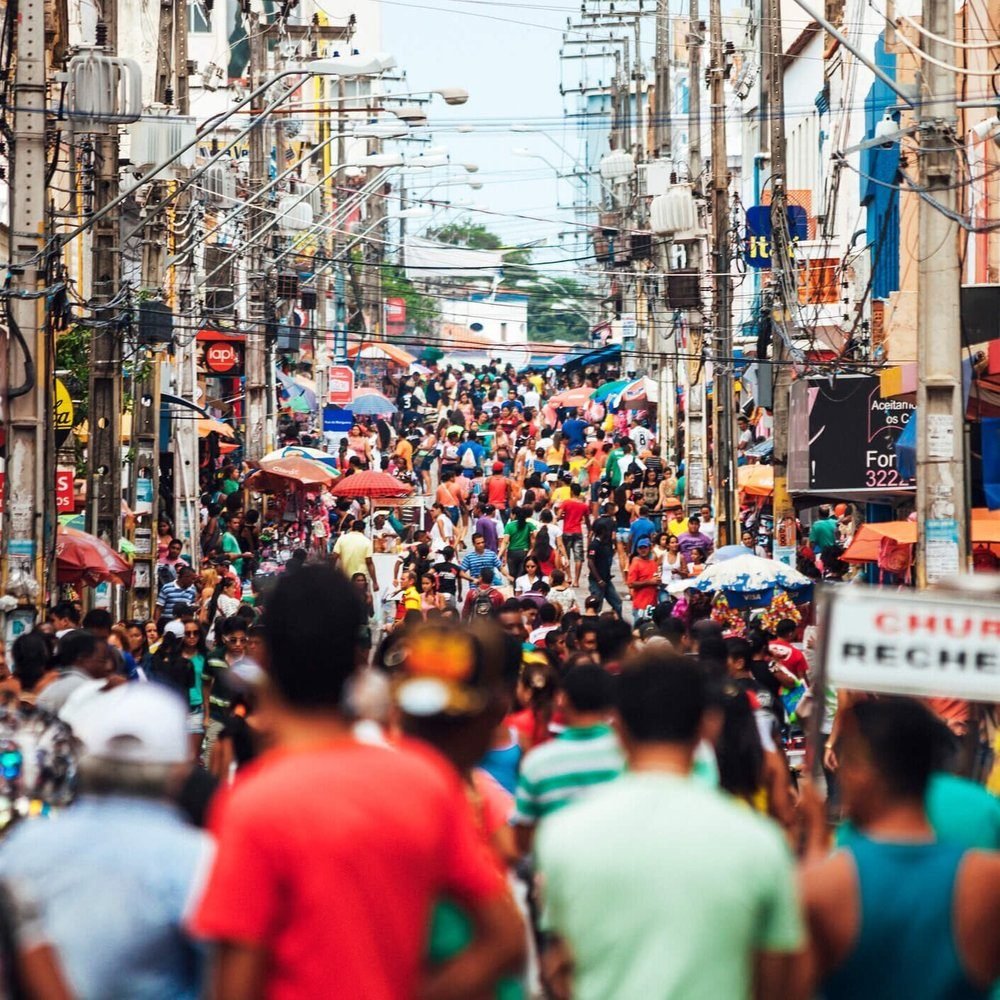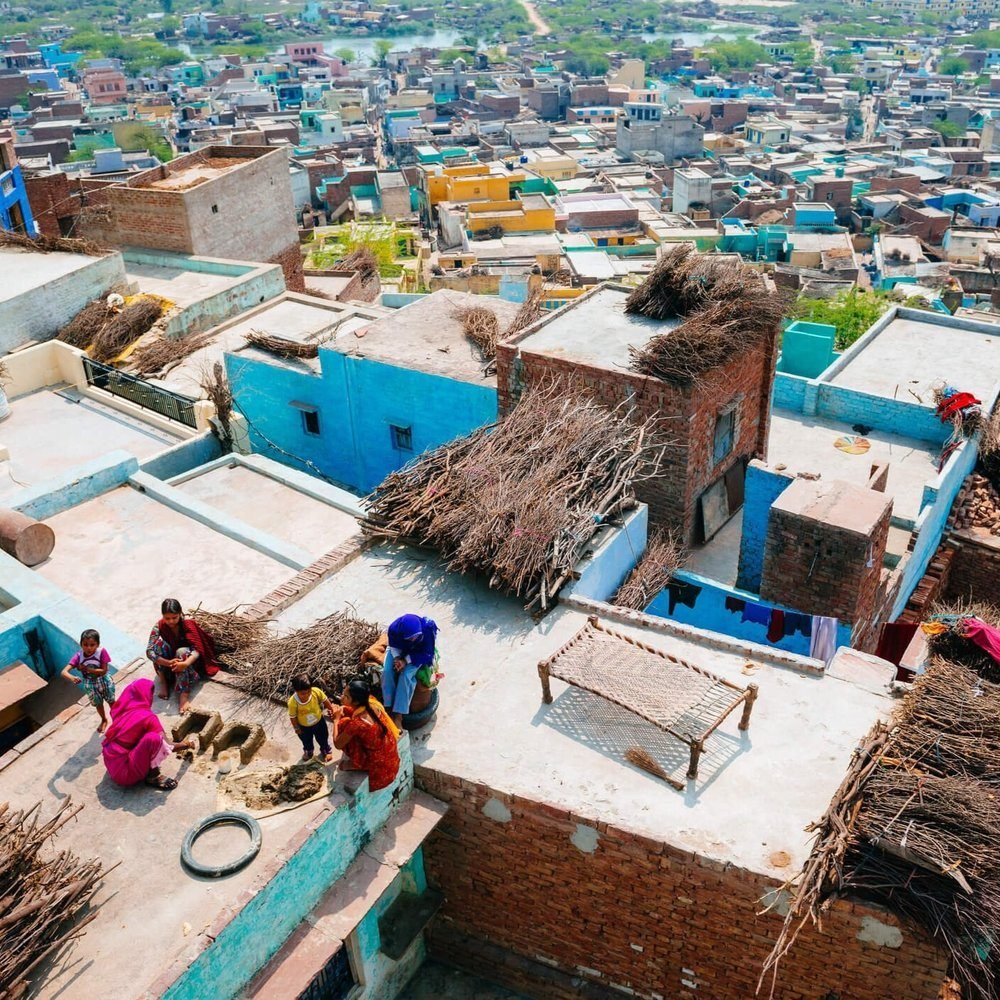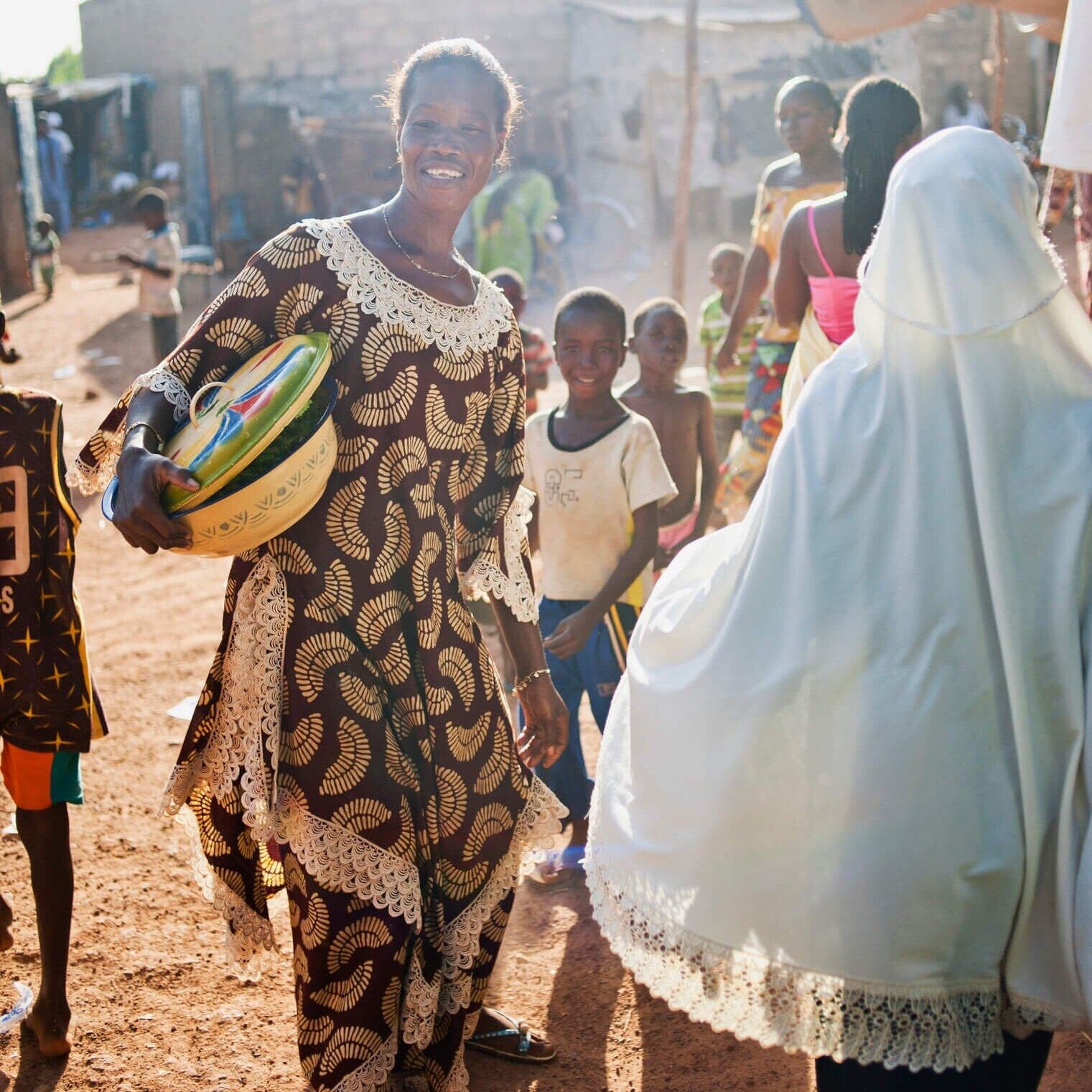
Over the last twenty years, Basis has worked across 50+ countries worldwide, including some of the world’s most evolved and affluent markets. But we’ve also become experts in destinations where challenges are different.
Our qualitative experience across less regularly researched parts of Africa and Asia (Middle East, South, South East and East Asia) has been some of the most illuminating. We’ve held focus groups in a Sri Lankan Buddhist temple surrounded by fields, and explored the meaning of healthcare with families in remote villages in northern Thailand (online, to save them the four-hour drive to their nearest city). We’ve hosted sessions in buzzing mega-cities less commonly visited by Western clients and agencies, like Manila, Cairo, and Dhaka, as well as less familiar ones like Yongzhou and Ludhiana.
We’ve operated in languages from Tagalog to Hausa and Bemba. In the course of uncovering human attitudes and behavior, we’ve sat amongst goats and monkeys, and been told how to avoid elephants on evening drives back from fieldwork.

We’re now confident tackling research in most parts of the globe, and reaching the same standard of insight and strategic recommendation as we would in London, New York or Shanghai. But there was a ‘first time’ in every market or location. And through all of these firsts, we’ve built up a few principles – some of which apply in developed markets too – to reach deep, meaningful answers wherever we are.

Quality control needs
a support network
We enter any market with a clear, specific articulation of what we need from the research and what we expect from our local partners. But there have been times when, even though we believed we had taken numerous precautions, things didn’t work as well as we’d have liked.
We’ve learned to build in buffer time, check in constantly with our local partners on the ground, and put everything important in writing. But alongside all this, we’ve found dealing with the right people to be foundational.
We now prioritize honesty and efficiency over fancy venues, or glossy websites, or even senior job titles. Over the years we’ve built up a network of trusted partners and learned not to make assumptions – our favorites range from tiny boutique specialists and freelancers through to regional networks. Without their help, we can’t expect to reach the standards or answers we need.

Consumers relax when we’re in tune with local standards
It’s down to us to adapt into respondents’ daily lives. Especially in places where day-to-day survival and feeding a family aren’t guaranteed or easy, we can’t expect research to be anyone’s top priority. So where relevant, we allow moms to bring babies and kids to groups, and either provide childcare or keep the tiniest in the room. We work around prayer times, or avoid holding sessions late in the day in farming communities where workers will have been awake since pre-dawn.
In rural Uttar Pradesh, we once needed to negotiate between two different castes to find a venue which enabled female members of each to attend – all in a landscape where husbands would not feel comfortable letting their wives travel unaccompanied. Based on conversations with representatives of both castes, we found a local community leader’s home in the middle of the village which felt acceptable to all, where husbands could stay outside and everyone felt comfortable.

We need to understand the detail – and then transport it home
The minutiae of life are critical in how and why people do what they do. If we don’t engage with and understand that detail, our recommendations will be meaningless. Both before we arrive, and when we’re in market, we aim to establish a bedrock of contextual knowledge from a number of potential sources: academics or experts, our translator and project team, or the man who sells mobile phone top-up cards around the corner from our venue. This helps us to enter prepared, and know which questions to ask about the day-to-day within the research itself.
Then at the other end, it’s about illustrating this. We create vivid case studies based on photos and nuggets of insight. And we capture as much as we (sensitively) can of the location we’re in. A couple of years ago, our Video Production Director asked the team to film out of car windows wherever we went. It sounds bumpy and lowgrade, but when edited together, it’s amazingly effective at creating a snapshot of these markets. We build up a layer of ambient footage and images to bring other realities to life, thousands of miles away.

It’s important to be realistic – and this doesn’t mean doing a worse job
We often write discussion guides differently for less-researched locations, to get the most out of respondents and moderators. Especially in rural or agricultural areas levels of formal education are often lower, and in many scenarios participants aren’t familiar with extended discussion. Moderation standards can be hugely different, based on local culture and experience. To some degree, we need to mirror this; but we also need consistency across markets. So we might split out ‘must-ask’ questions (keeping these to a minimum), and keep added-value probes and context alongside.
We build in time for re-briefings, or run advance pilot sessions. And sometimes circumstances encourage us to find solutions which actually add value – so in low-literacy environments, amongst the many workarounds we’ve used, we’ve also discovered the value of asking people to draw. (Although as a universal rule, we’ve also discovered that in any group of people worldwide, at least one will claim that they’re terrible at it.)

The unexpected is part of the magic (And, like a magic show: it sometimes happens in the dark)
Even if we’ve put all of the above into practice, there’s always a degree of rolling with the punches in situations where connectivity and back-ups are not guaranteed. Particularly in rural or less affluent areas, power-cuts, breakdowns, security lock-downs, and unimagined scenarios have caused us to manage fieldwork in situations with no camera technology; not enough tires; no moderator; and sometimes, no lights.
It’s a trade-off of options, but our principle is that there’s usually a way to be found. And flexibility can provide us with the richest results, because it means we’re ready and expecting to be responsive on-the-go – whether that’s re-writing concept statements mid-group, tailored to local needs, or drop-of-a-hat retail safaris when we spot an interesting roadside retail channel. So now we enter fieldwork prepared (with USB modems, blank paper, Sharpies and cereal bars) for most eventualities. With this in mind, there’s not really anywhere that we can’t successfully explore.

Want to learn more?

Written by Charlotte Smith, Global Head of Qualitative at Basis













